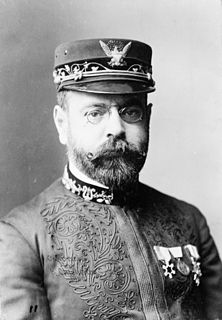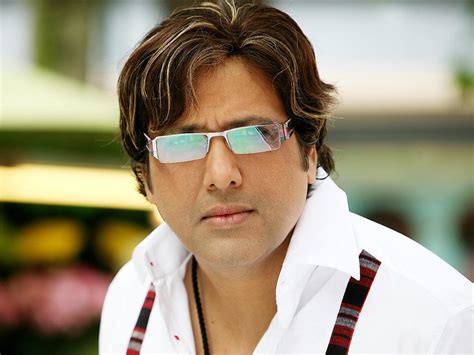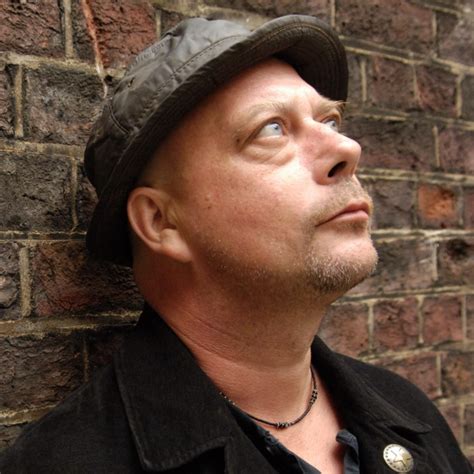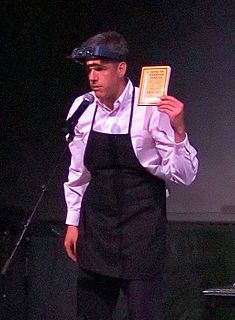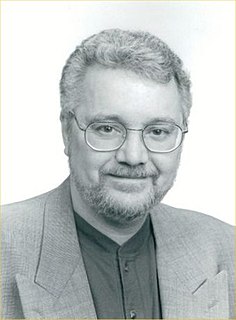A Quote by Aimee Bender
I love the idea of numerology, but I don't really believe in it. But I like thinking about what numbers convey.
Related Quotes
I really like even numbers, and I like heavily divisible numbers. Twelve is my lucky number - I just love how divisible it is. I don't like odd numbers, and I really don't like primes. When I turned 37, I put on a strong face, but I was not looking forward to 37. But 37 turned out to be a pretty amazing year.
I never thought of what I was doing as a way to sell the NFL. I was making movies about a sport that I loved, about players and coaches that I respected. I wanted to convey my love of the game through film. And most artists convey their love through art. And my art and my love was expressed through film.
Three quarters of the American population literally believe in religious miracles. The numbers who believe in the devil, in resurrection, in God doing this and that - it's astonishing. These numbers aren't duplicated anywhere else in the industrial world. You'd have to maybe go to mosques in Iran or do a poll among old ladies in Sicily to get numbers like this. Yet this is the American population.
When we're believing, we're not really thinking, because the belief has walls: "This is what I believe." So what I believe is like a box, and we're taking the energy of our thinking and putting into a box of beliefs, pretending that we're thinking. But we're really stifling our own energy. We create these mental stresses and frustrations, because we're blocking our spirit, so to speak.
Pictures are the idea in visual or pictorial form; and the idea has to be legible, both in the individual picture and in the collective context - which presupposes, of course, that words are used to convey information about the idea and the context. However, none of this means that pictures function as illustrations of an idea: ultimately, they are the idea. Nor is the verbal formulation of the idea a translation of the visual: it simply bears a certain resemblance to the meaning of the idea. It is an interpretation, literally a reflection.
The revolution of ideas that will save us is a revolution of goodwill, of compassion, and of higher thinking. I believe that they outnumber the people who would choose fear. But they are not a particularly politicized force. If you look at the numbers of people buying books about revolutions from within and personal transformation as the key to global change, the numbers add up to a much greater audience than most people realize.



